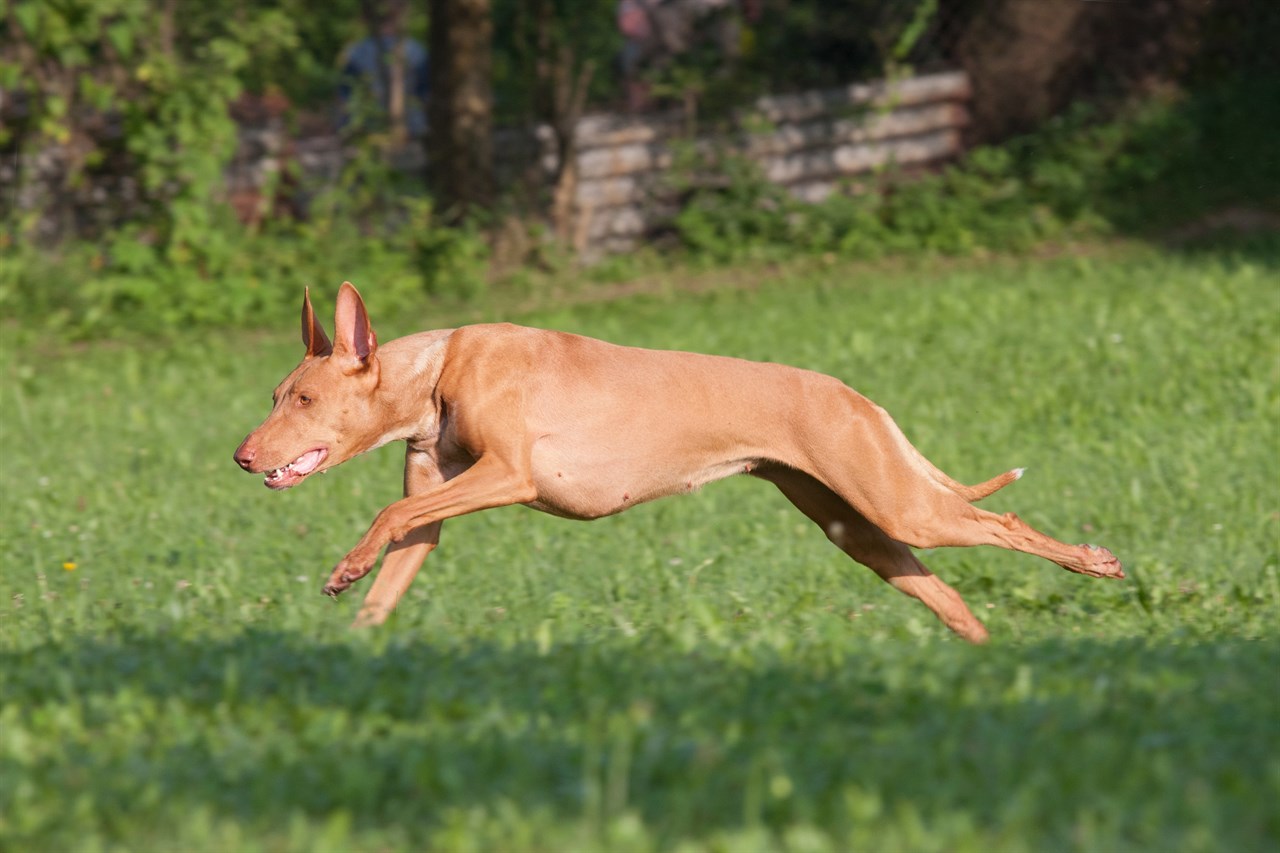Barking Habits of the Pharaoh Hound: A Quiet and Vocal Balance

When it comes to barking habits, the Pharaoh Hound is a breed that strikes a unique balance between being relatively quiet and occasionally vocal. Understanding their barking tendencies can help you appreciate this aspect of their personality and effectively manage it.
Quiet Nature
Pharaoh Hounds are generally considered a quiet breed. They are not prone to excessive barking, which is a quality that many dog owners appreciate. Their silence can be attributed to their hunting heritage, where they relied on stealth and silence when stalking prey. This innate quietness makes them well-suited for living in close quarters with neighbours.
Alertness and Vocalisation
While they may not be frequent barkers, Pharaoh Hounds are naturally alert dogs. They have keen senses and are quick to notice changes in their environment or the presence of strangers. When they do bark, it's often for a reason. They may vocalise to alert their owners to potential intruders, strange noises, or unusual situations. This alertness can be a valuable trait for home security.
Playfulness and Expressiveness
Pharaoh Hounds may also use vocalisation as a means of communication during play or when they are excited. They can emit playful yips and howls, which can be endearing and entertaining for their owners. This vocal expression is a part of their unique charm.
Training and Management
If you find that your Pharaoh Hound's barking becomes excessive or disruptive, it's important to address it through training and management. Here are some tips to manage their barking habits:
- Positive Reinforcement: Use positive reinforcement techniques to encourage quiet behaviour. When your Pharaoh Hound remains calm and quiet in situations where they would typically bark, reward them with treats and praise.
- Socialisation: Properly socialise your Pharaoh Hound from a young age to help them become more confident and less reactive in various situations. This can reduce unnecessary barking due to fear or anxiety.
- Exercise and Mental Stimulation: Ensure that your Pharaoh Hound receives adequate exercise and mental stimulation to prevent boredom, which can lead to excessive vocalisation.
- Teach "Quiet" Command: Teach your Pharaoh Hound the "quiet" command so that you can control their barking when necessary. Reward them when they respond to the command by ceasing barking.
- Create a Quiet Environment: Minimise environmental triggers that might prompt barking. For example, if your Pharaoh Hound tends to bark at passersby outside, consider using curtains or blinds to block their view.
- Consult a Professional: If your Pharaoh Hound's barking issues persist or become problematic, consult a professional dog trainer or behaviourist for guidance and specialised training techniques.
Conclusion
Pharaoh Hounds are generally quiet dogs with occasional bursts of vocalisation, especially when they are alert or excited. Understanding their unique barking habits and addressing them through positive training and management techniques can help you enjoy a harmonious living environment with your Pharaoh Hound while appreciating their communicative nature when it matters most.
Pharaoh Hound puppies for sale
- Find Pharaoh Hound puppies for sale in ACT
- Find Pharaoh Hound puppies for sale in NSW
- Find Pharaoh Hound puppies for sale in NT
- Find Pharaoh Hound puppies for sale in QLD
- Find Pharaoh Hound puppies for sale in SA
- Find Pharaoh Hound puppies for sale in TAS
- Find Pharaoh Hound puppies for sale in VIC
- Find Pharaoh Hound puppies for sale in WA